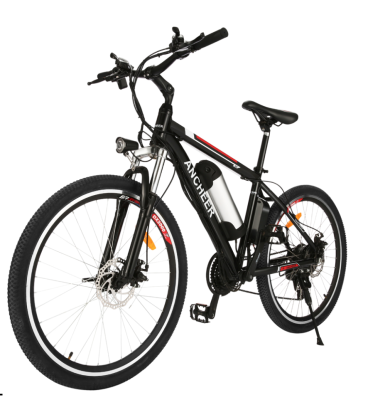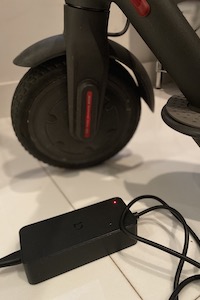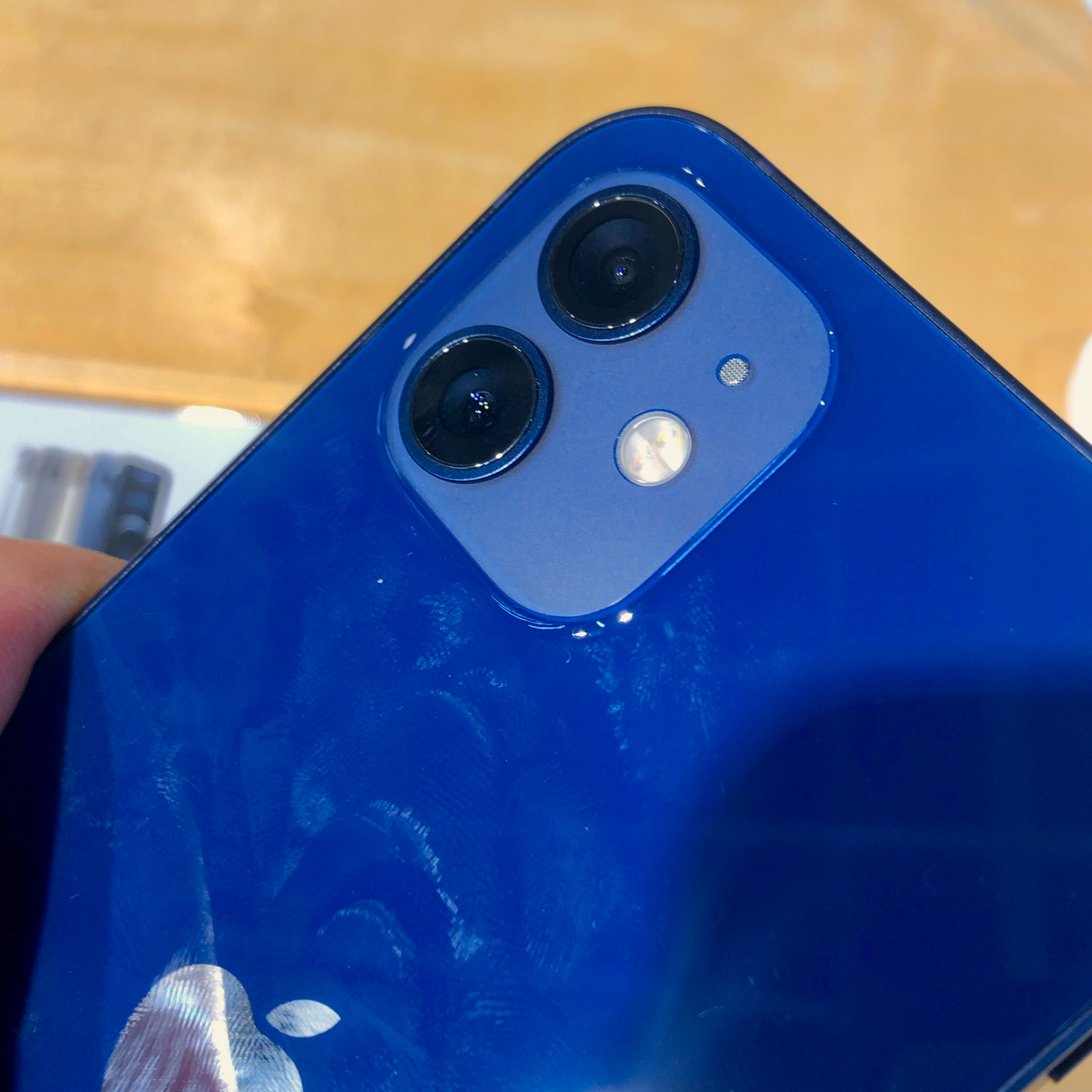A Collective Triumph: Ben Rubinowitz Named Lawyer of the Year Twice, and 11 Other Personal Injury Attorneys from Our Firm Listed in the 2024 Edition of Best Lawyers®
 In the dynamic and ever-evolving world of law, few accomplishments resonate as profoundly as those that redefine excellence itself. Today marks a significant milestone for all of us at Gair, Gair, Conason, Rubinowitz, Bloom, Hershenhorn, Steigman & Mackauf, as we celebrate the exceptional achievements of our Managing Partner, Ben Rubinowitz who was named “Lawyer of the Year” twice by The Best Lawyers in America (2024 Edition) in “Personal Injury Law – Plaintiff in New York City” and “Product Liability Law – Plaintiff in New York City. Ben was also included in the 2024 edition of Best Lawyers® Medical Malpractice Law and Legal Malpractice Law – Plaintiffs in New York, New York.
In the dynamic and ever-evolving world of law, few accomplishments resonate as profoundly as those that redefine excellence itself. Today marks a significant milestone for all of us at Gair, Gair, Conason, Rubinowitz, Bloom, Hershenhorn, Steigman & Mackauf, as we celebrate the exceptional achievements of our Managing Partner, Ben Rubinowitz who was named “Lawyer of the Year” twice by The Best Lawyers in America (2024 Edition) in “Personal Injury Law – Plaintiff in New York City” and “Product Liability Law – Plaintiff in New York City. Ben was also included in the 2024 edition of Best Lawyers® Medical Malpractice Law and Legal Malpractice Law – Plaintiffs in New York, New York.
This remarkable recognition for Ben Rubinowitz is a testament to the collective ethos of Gair, Gair, Conason, Rubinowitz, Bloom, Hershenhorn, Steigman & Mackauf. 11 other of our NYC Personal Injury Attorneys have been acknowledged in the Best Lawyers® 2024 list and the “Ones to Watch” list, exemplifying our commitment to excellence and ethical standards.
 New York Personal Injury Attorneys Blog
New York Personal Injury Attorneys Blog


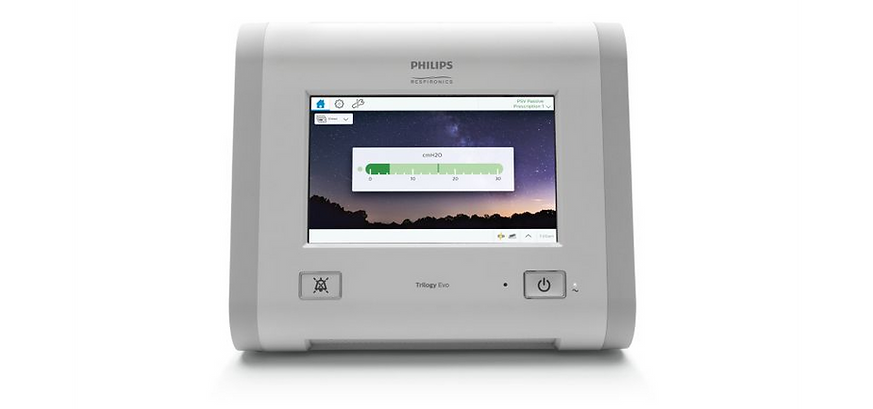
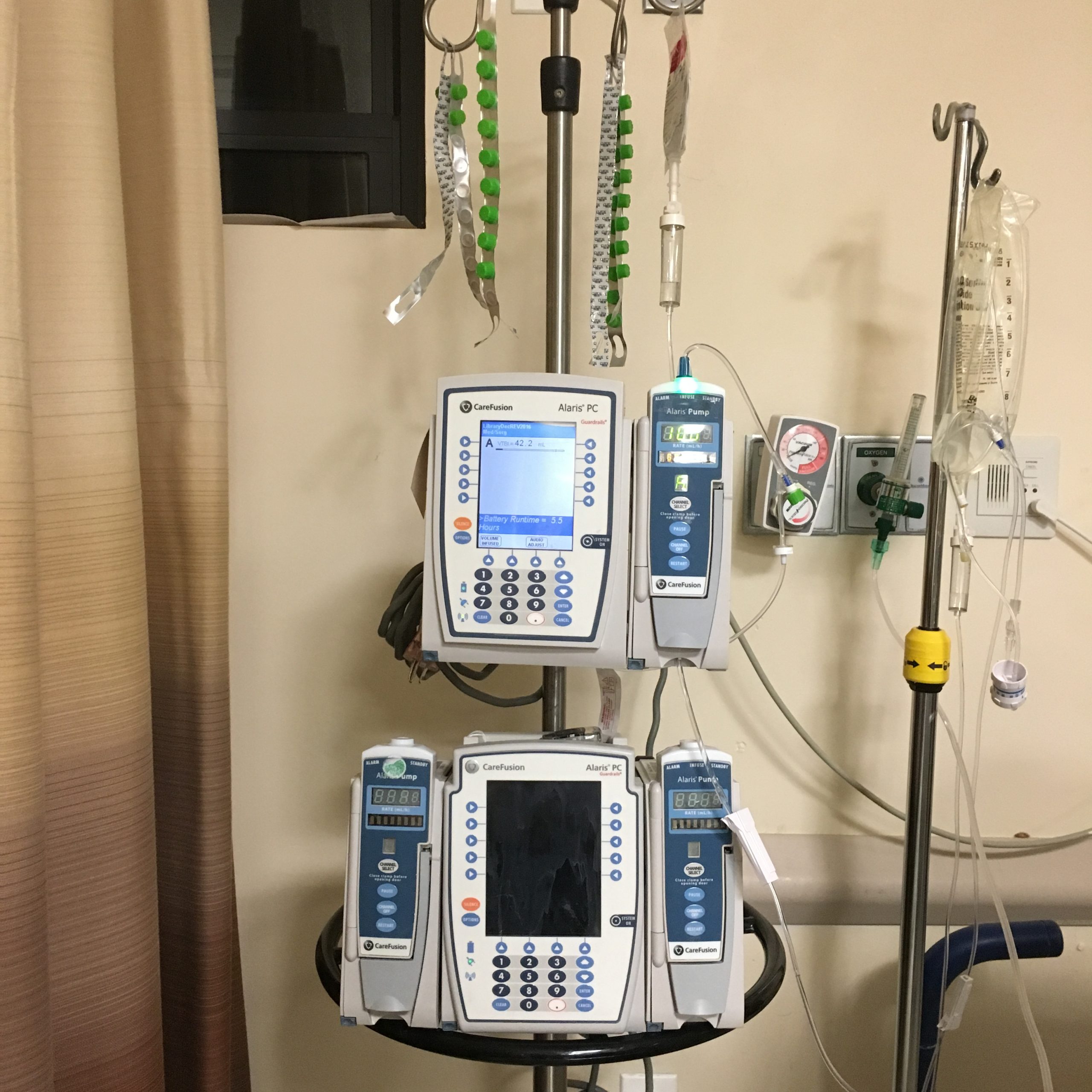
 Our firm is proud to announce that for the 13th consecutive year it has been named by U.S. News – Best Lawyers ® “Best Law Firms” a Tier 1 Firm in New York City for:
Our firm is proud to announce that for the 13th consecutive year it has been named by U.S. News – Best Lawyers ® “Best Law Firms” a Tier 1 Firm in New York City for: